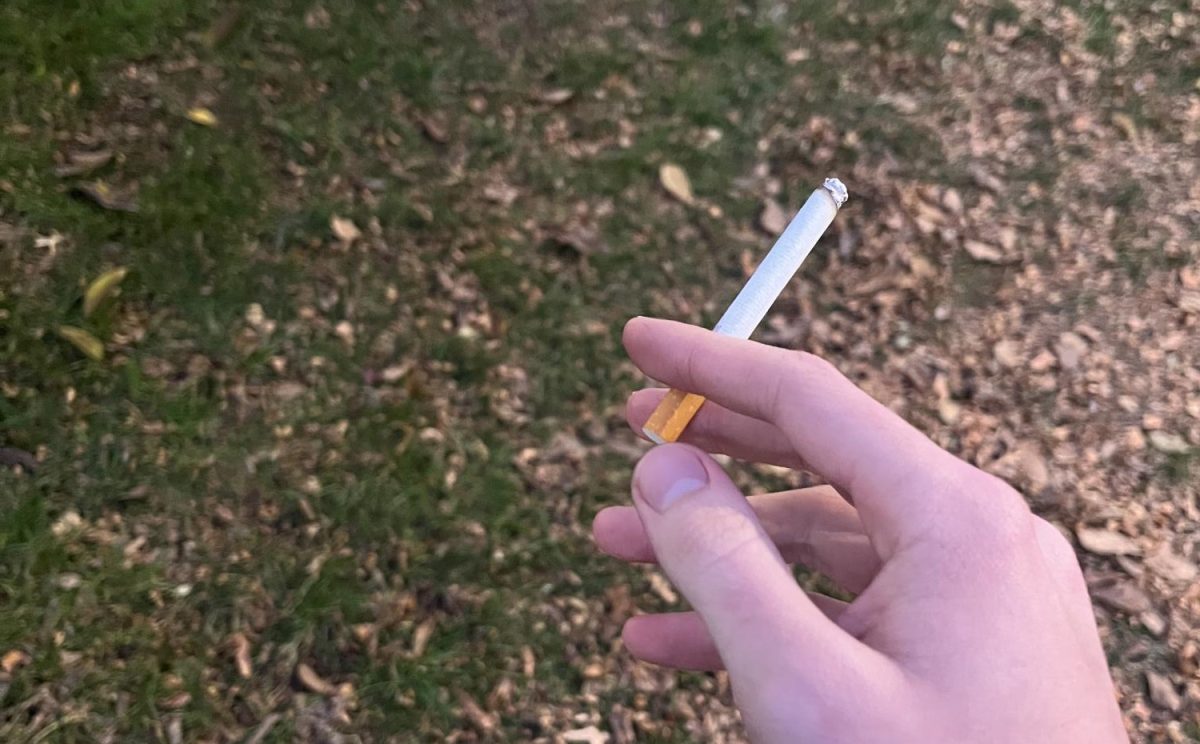Burning Man participants claim to seek a deeper connection with the universe by embracing a sense of community — either through their art, dancing or mutant vehicles. But if they don’t take the massive downpour that ruined their campsite as a lesson from the universe, then I think there might be something wrong with their signal.
Let me backtrack a few paces for those who are not addicted to their Twitter timelines or are still waiting for the Burning Man TikToks to become Instagram Reels. In the first weekend of September, Burning Man, an outdoor festival that celebrates “a global ecosystem of artists, makers, and community organizers” takes place in Nevada’s Black Rock Desert, a national conservation desert. Burners, as attendants of the festival are called, spend a week camped out in the dry, expansive environment. Many of them bring along tents, campers, generators and other equipment that make a week in the desert more habitable. The festival started from humble beginnings: a group of friends gathering on the beach and lighting a small wooden figure on fire to celebrate the summer solstice. Now, upwards of 80,000 people, from tech bros to average joes, gather in the desert, sometimes by way of private jet, to watch a 79-foot wooden man go up in flames.
This past Burning Man is set apart from the rest because it faced some unforeseen climate conditions: thousands of Burners were stranded in the desert after two to three months’ worth of rain descended on the area in a single day. The weather turned the desert sand into inches of thick mud and festival-goers were told to not to leave the area, and that they should conserve their food and water.
A core tenet of the festival is its “leave no trace” philosophy, meaning as soon as everybody packs up and leaves Black Rock Desert, it should look as though there was no one there at all, let alone a temporary city that housed nearly 100,000 people. In recent years though, this has become more of a fantasy than a reality. People often leave behind debris that varies from a single-use plastic water bottle to completely abandoning their entire campsite. While every Burner is responsible for removing all their own trash, “volunteer crews spend three weeks after the festival collecting trash… They draw maps showing the dirtiest spots, and crawl on all fours to pluck sequins and plastic scraps from the barren ground.
More alarming than the tangible trash is how much pollution Burning Man produces. Vox reported, “each Burning Man generates about 100,000 tons of carbon dioxide.” The ash from the burning man aren’t the only remnants “that will last long in our dreams” if these kinds of emissions continue in future festivals. The carbon dioxide may not be tangible, but that doesn’t mean it isn’t leaving a trace.
Though Burning Man is not my scene, humans do have a very real need to seek community. As long as people have existed, we have found some way to gather and share stories and art, and Burning Man is doing that at an extreme scale. But you can’t claim to appreciate the natural environment and not want to harm it, and then allow people to fly private jets to your desert playground; you cannot have it both ways. This year, before Mother Nature struck, climate protests actually blocked the main highway that leads to Burning Man in order to call attention to the festival’s horrible environmental impact. Though some say the protest was nothing more than a poorly thought-out stunt, it may have caused some Burners to think about the implications of their actions while stuck in traffic.
The official Burning Man website proudly announces that the ash of the blazing wooden structure “may blow away into the desert air, but the lingering memories will always cling to our cerebellum.” This is the kind of self-entitled, achingly unaware behavior that is eating away at our planet. Such a statement is reminiscent of the unaware individuals that threw super-spreader birthday parties at the height of COVID-19, or the gender reveal party hosts that burned down forests. We need to start taking individual responsibility for harming our planet, especially organizations such as Burning Man that allege to leave no trace and connect to the environment. The festival planners should take heed of the climate protestors’ suggestions: “Ban private jets, single-use plastics, unnecessary propane burning, and unlimited generator use per capita.”
Humans need to gather and celebrate and feel the joy that can only come from being in a community. I don’t need to camp out in the desert and climb atop influencer-approved monster trucks to find community, but if that’s what works for you, go for it I guess. Just don’t take a private jet to get there and pick up your own sequins.
Nicole Braun, FCRH ’24, is an English major from Saddle River, N.J.







































































































































































































